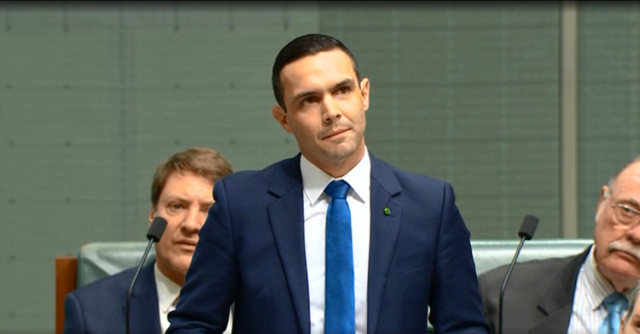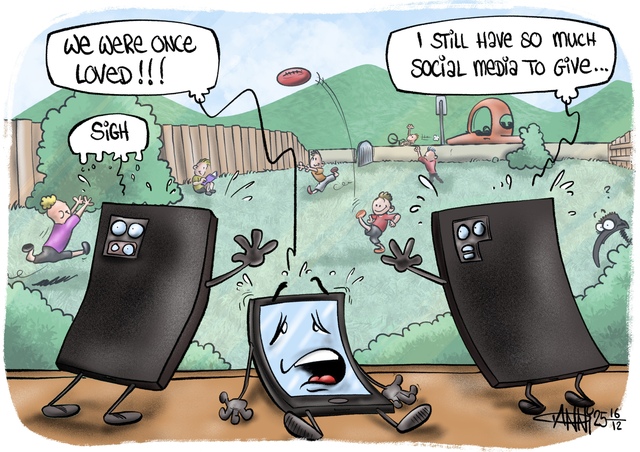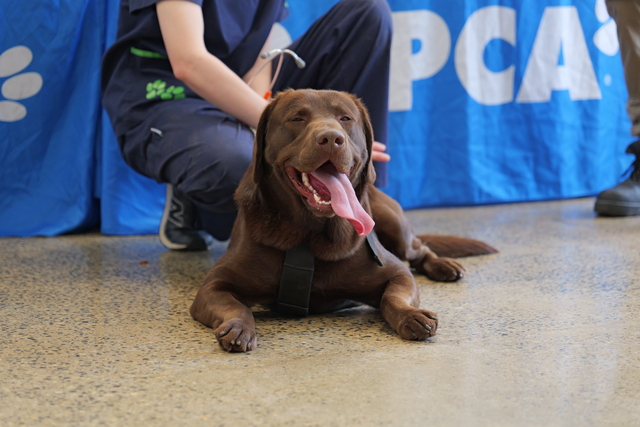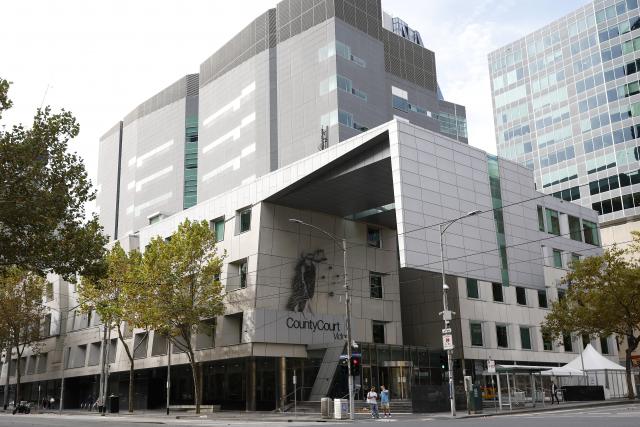Casey MP Aaron Violi believes there needs to be real action to improve the lives of Indigenous Australians, both locally and throughout the country, but called for more detail about an Indigenous Voice to Parliament before Australians head to vote on the referendum later this year.
Currently, the Referendum to enshrine an Indigenous and Torres Strait Islander advisory body into the constitution could happen as early as August, after Minister for Indigenous Australians Linda Burney said the legislation would be introduced to Federal Parliament in March.
Mr Violi said like the leader of his Liberal Party, Peter Dutton, he wants to understand the detail of whether local, regional and national bodies will exist within the framework and how they will interact.
“I’ve got a responsibility to this community, to the Casey community and Indigenous Australians in Healesville, because we have a strong Indigenous community, to understand how their voice will be heard in this process,” he said.
“The reality is that the challenges that Indigenous Australians in Casey face are completely different to the challenges for Indigenous Australians in Central Australia.”
Mr Violi said he was passionate about understanding the issue because of his role as a leader in the community, but ultimately the Australian people and residents of his electorates will be the ones to vote on the referendum.
“To win that majority community support, people need to understand what they’re voting for and what it entails. Not the minutiae detail, but just some of the border context,” he said.
“Ultimately, this process is about delivering tangible outcomes on the ground.”
He said questions of whether the Liberal Party is playing politics on the Voice to Parliament are “disingenuous” and that there is a broad range of views of the referendum.
“We saw yesterday, the Greens senator Lidia Thorpe came out against the voice. An Indigenous colleague of mine Jacinta Price, who’s the senator for the Northern Territory, has come out against The Voice,” he said.
“Asking questions and wanting to understand more is not playing politics, it’s wanting to understand so the community can understand. This isn’t about politicians; this is about people making their vote.”
Ms Thorpe has previously expressed scepticism surrounding the Voice to parliament and — according to the Sydney Morning Herald — has formally agreed to split with the Greens’ position and oppose the Vocie unless she receives assurance from the federal government to ensure Indigenous sovereignty.
When asked how he would vote on the referendum if it was held tomorrow, Mr Violi said he wouldn’t entertain hypothetical situations because of his responsibility as a lawmaker.
“The reality is that the government has outlined the timeline of August and I’m really hoping they will listen to the feedback they’re receiving, not just from the Liberals but from the Greens and across the community, that respectfully requests more detail,” he said.
“It was encouraging to see that the Prime Minister has invited Peter Dutton and Julian Leeser, the Shadow Minister for Indigenous Australians, to meet with the referendum group and understand their thinking on this process.
“We will, and I will continue to engage constructively.”
Mr Violi said Indigenous Australians are the most disadvantaged in the community and he “genuinely believes it’s not from a lack of will or desire or funding.”
“The apology was an important step in reconciliation, but it hasn’t made a tangible difference in closing the gap,” he said.
“I really passionately hope that if it is implemented, it is structured in a way that hears the voices of Indigenous Australians and makes a genuine difference in closing the gap, because that’s what we need to achieve as lawmakers and as a country.”







